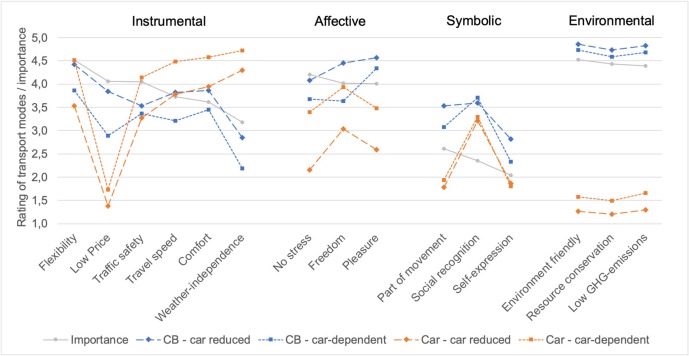Fuck Cars
A place to discuss problems of car centric infrastructure or how it hurts us all. Let's explore the bad world of Cars!
Rules
1. Be Civil
You may not agree on ideas, but please do not be needlessly rude or insulting to other people in this community.
2. No hate speech
Don't discriminate or disparage people on the basis of sex, gender, race, ethnicity, nationality, religion, or sexuality.
3. Don't harass people
Don't follow people you disagree with into multiple threads or into PMs to insult, disparage, or otherwise attack them. And certainly don't doxx any non-public figures.
4. Stay on topic
This community is about cars, their externalities in society, car-dependency, and solutions to these.
5. No reposts
Do not repost content that has already been posted in this community.
Moderator discretion will be used to judge reports with regard to the above rules.
Posting Guidelines
In the absence of a flair system on lemmy yet, let’s try to make it easier to scan through posts by type in here by using tags:
- [meta] for discussions/suggestions about this community itself
- [article] for news articles
- [blog] for any blog-style content
- [video] for video resources
- [academic] for academic studies and sources
- [discussion] for text post questions, rants, and/or discussions
- [meme] for memes
- [image] for any non-meme images
- [misc] for anything that doesn’t fall cleanly into any of the other categories
Recommended communities:
view the rest of the comments


Bikes are a very good solution for nearby travels (<10km), and cargo-bikes when you have kids.
We gave up the 2nd car for a cargo, it does not takes much more time than with car for trips less than 10km (work - daycare - school - groceries - park), it is easier to park anywhere without being an asshole (looking at you M. "just a minute stop on the sidewalk"), to flow through traffic during rush hours (with help of bike lanes), and it is good for your finances (no gas no insurance no parking, easy maintenance).
But we still need a car when we need to move 4 people for longer trips, and it is not for everyone, for instance my wife never ride it because she is afraid in traffic.
Other issue is the price perceived too high compared to a small used car : minimum 5k+ for an electric cargo (which you will want cause of elevation), or 3k+ for a longtail, or at least 2k for a homemade electric longtail (yuba+bafang) and you have to add the price of accessories if you hace kids (seats, rain canopy). If you want insurance it is 10% of the bike's price so as much as a car insurance.
Most of people are not ready for the switch because the car is perceived as more convenient (safety, safe parking, can move 4-5 people + groceries at the same time, weather-proof) and don't want to change habits, most of the time commuters are alone in their car with no groceries...
Shorten the trips and distances. The end of cars will come with big changes in how land is used.